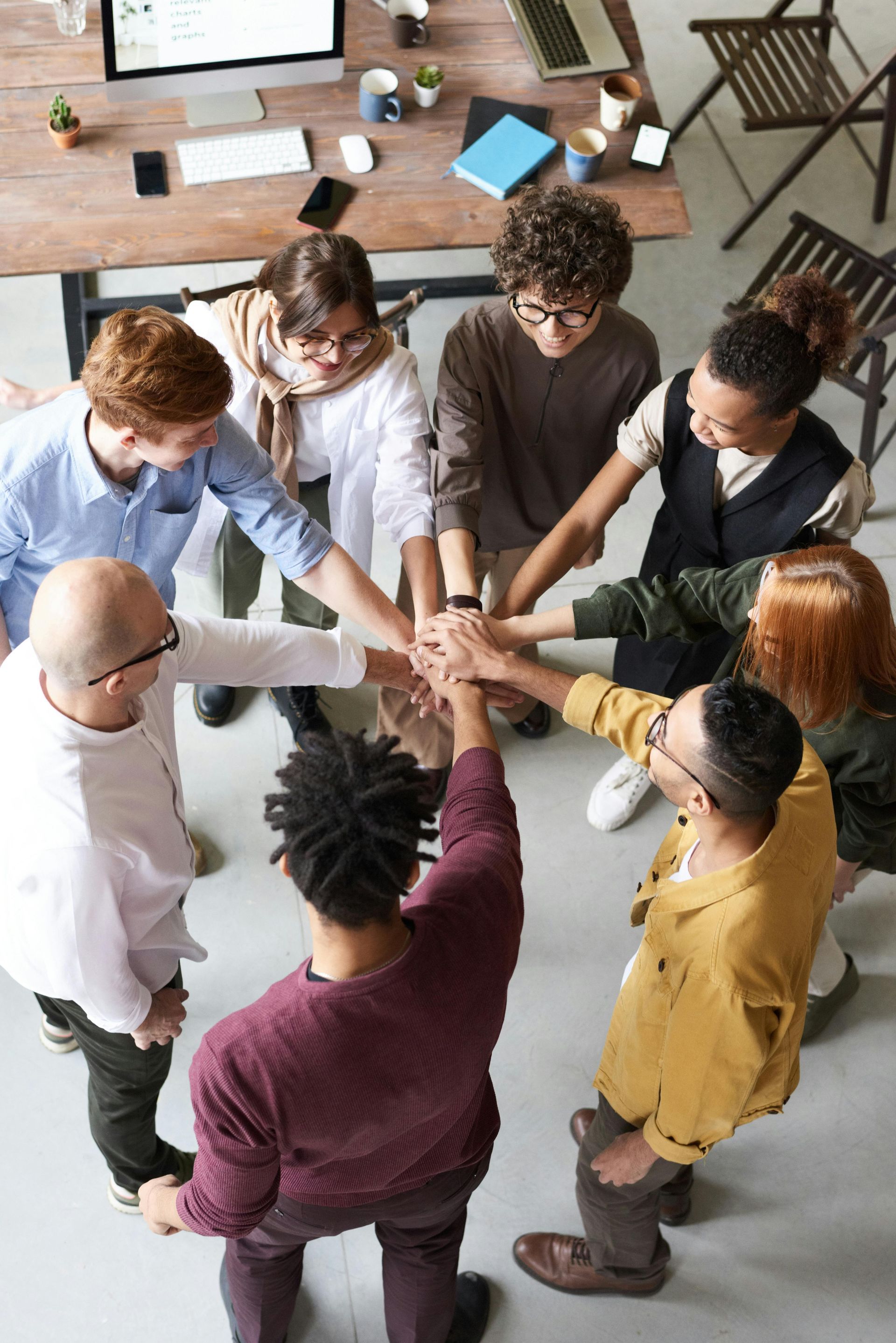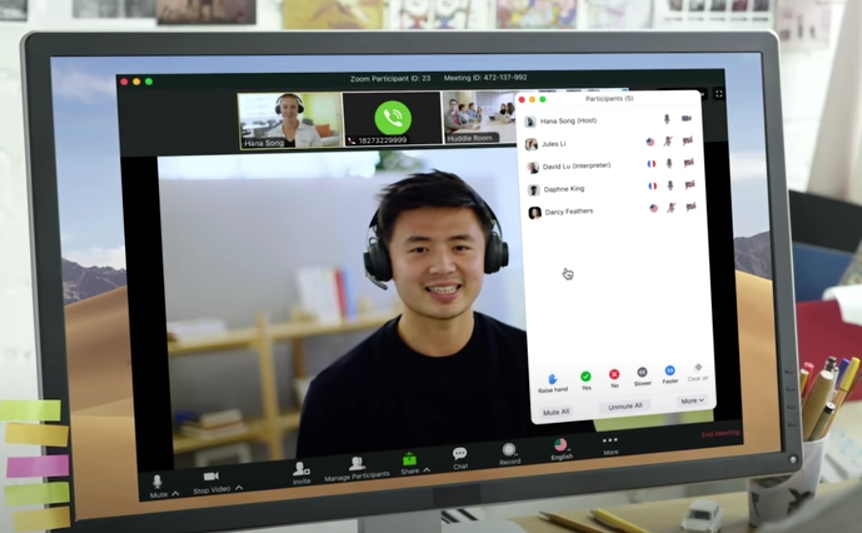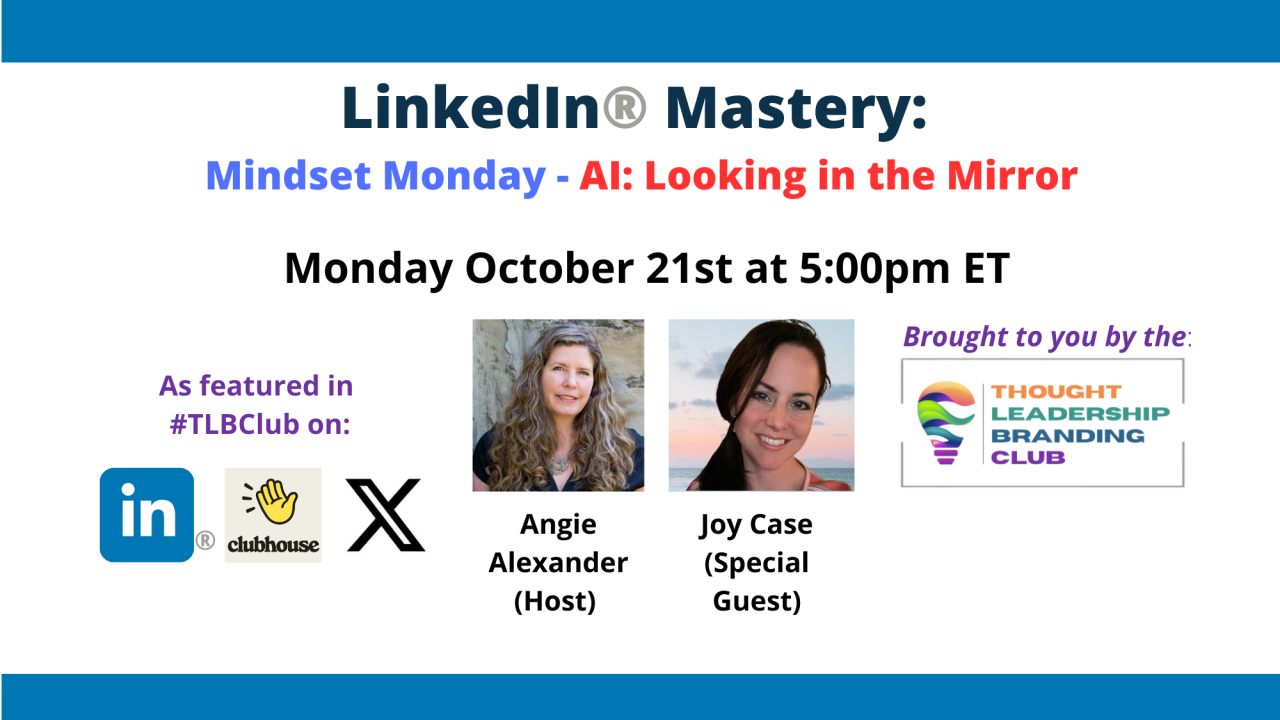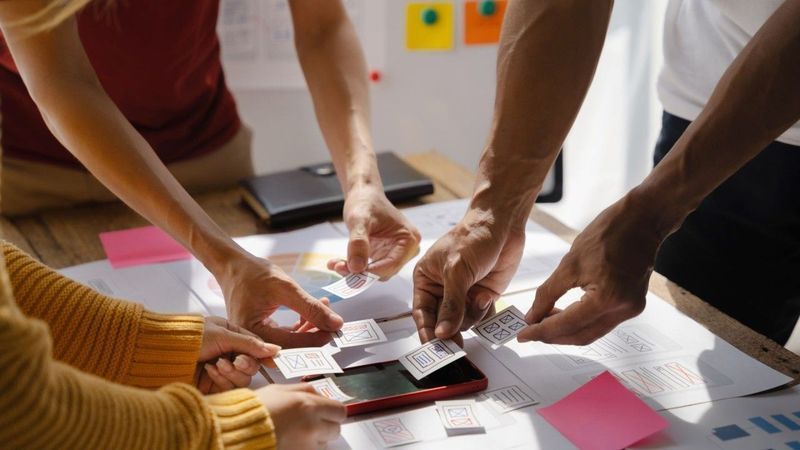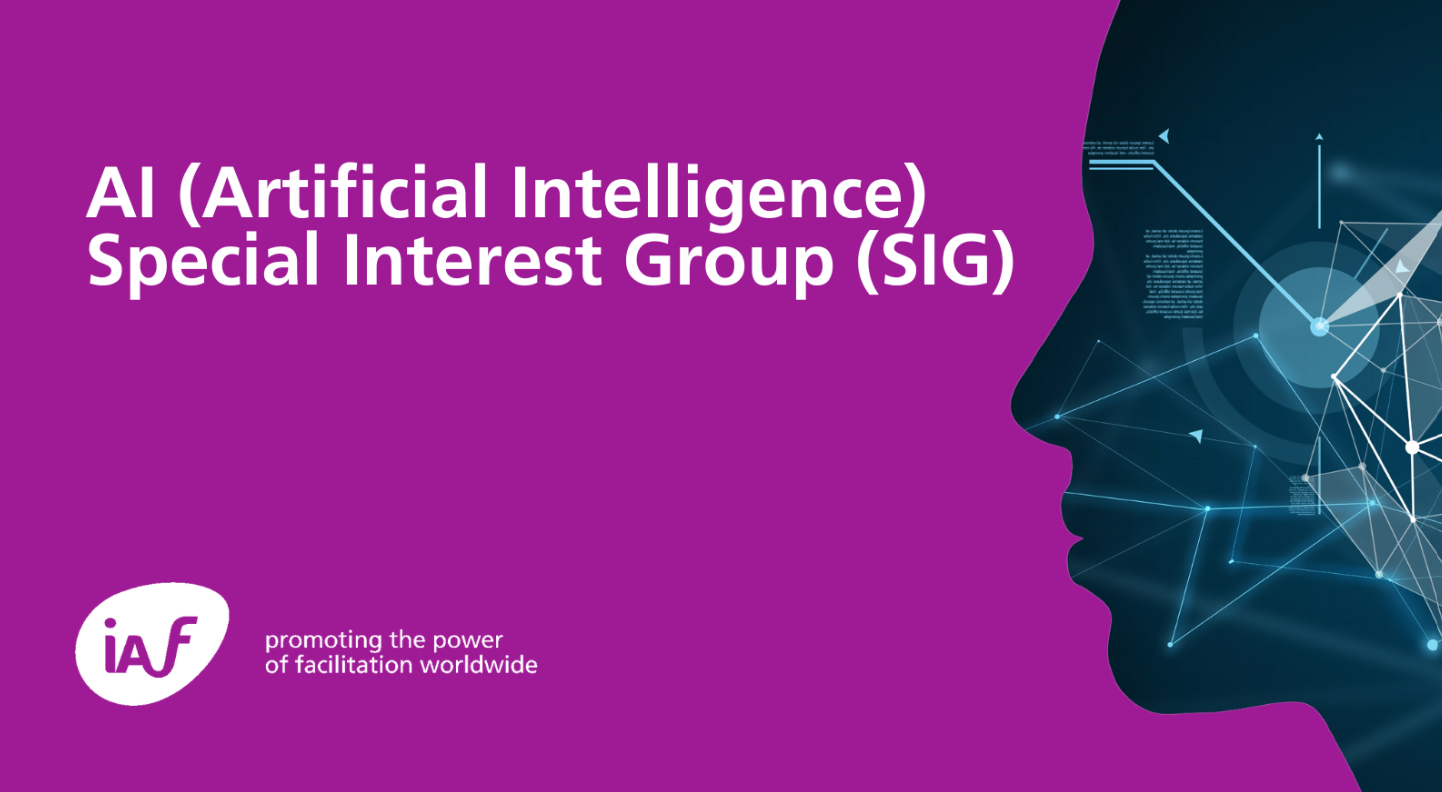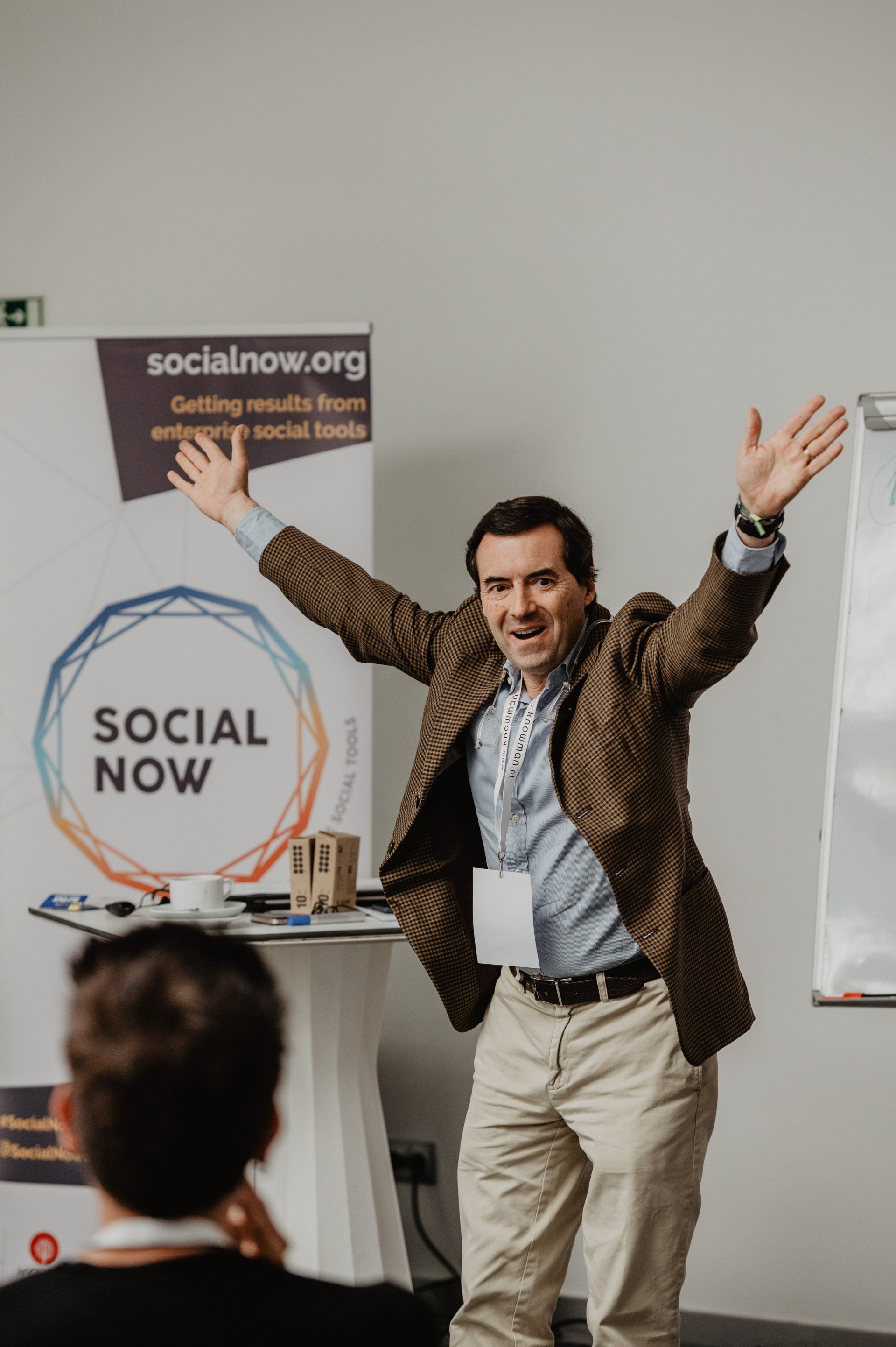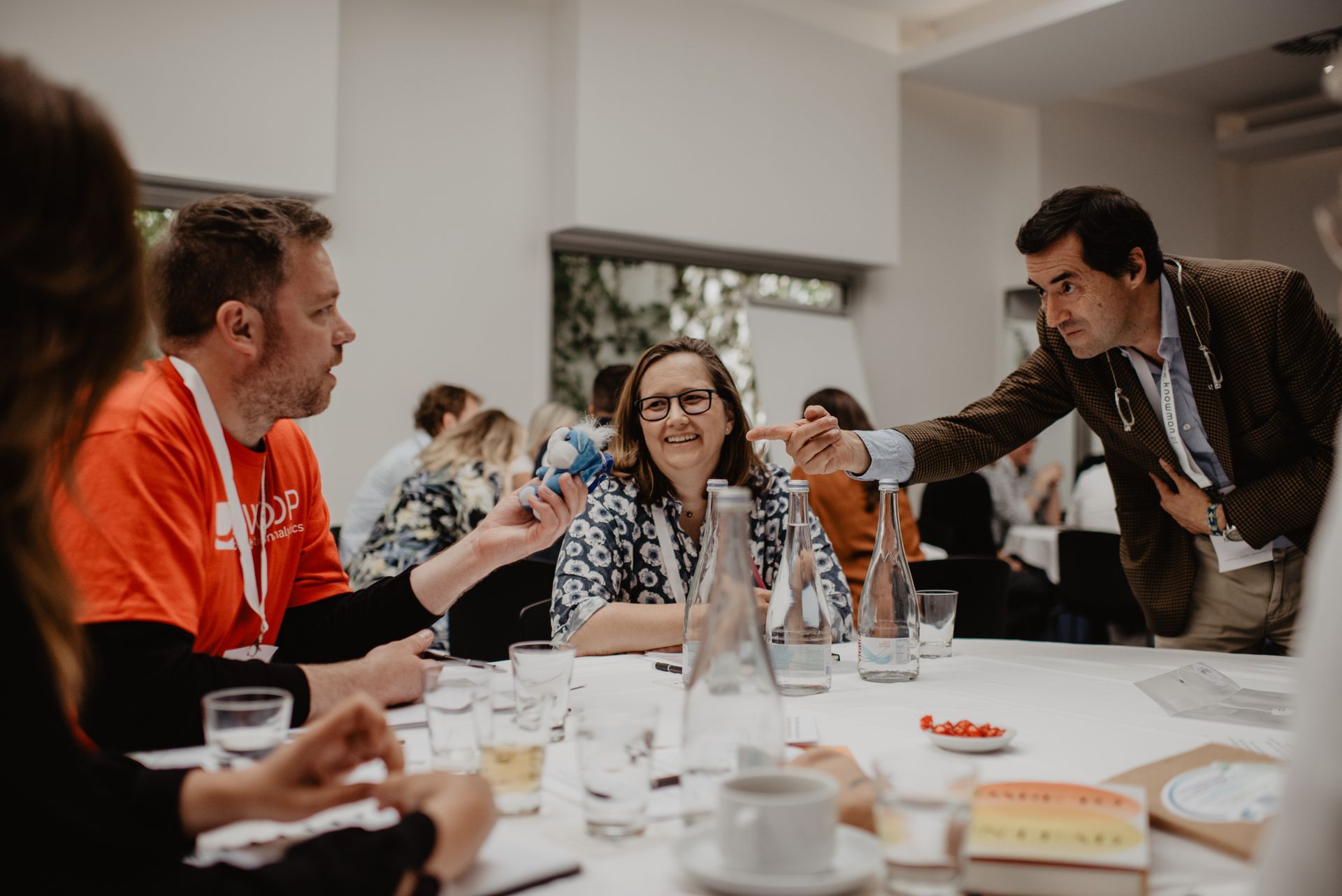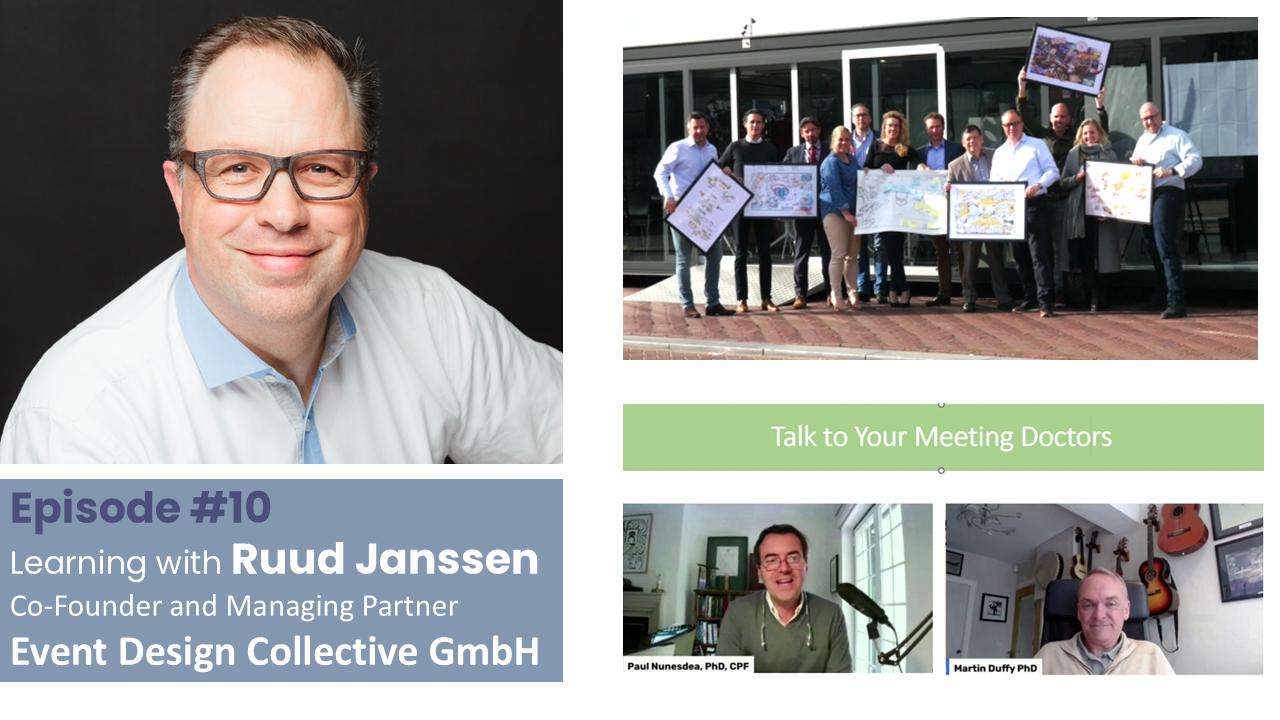
Overcoming the challenges of Hybrid Meetings with AI
Revolutionizing Engagement and Collaboration in the Hybrid Meeting Era

Hybrid meetings have become the new standard for collaboration, but they come with their own set of challenges. Thanks to artificial intelligence (AI), facilitators now have innovative solutions at their disposal. By harnessing the power of AI, we can overcome the obstacles of hybrid meetings and unlock their full potential.
Hybrid meetings, which combine in-person and remote participants, have become increasingly prevalent in today's interconnected world. However, they present unique challenges for facilitators, requiring them to balance the needs of both in-person and remote attendees. Fortunately, advancements in artificial intelligence (AI) offer valuable solutions to overcome these challenges, enhancing the facilitation process and improving the overall meeting experience.
Equal Participation for All:
One of the primary challenges in hybrid meetings is ensuring equal participation. AI-powered tools can provide features like virtual hand raising, chat moderation, and automated participant rotation, ensuring that everyone has a fair chance to contribute. By leveraging these tools, facilitators can promote inclusivity and create an environment where all voices are heard.
Managing Technology and Logistics:
Hybrid meetings often involve juggling multiple technologies simultaneously, which can be overwhelming for facilitators. AI can assist by automating routine tasks such as managing participant lists, adjusting audio levels, and even providing real-time transcription or translation services. These AI-powered tools streamline the technical aspects, allowing facilitators to focus on the meeting content and engagement.
Engaging Remote Participants:
Remote attendees may sometimes feel disconnected or find it challenging to engage fully in hybrid meetings. AI can help overcome this hurdle by offering interactive features such as live polls, sentiment analysis, and virtual breakout rooms for smaller group discussions. These tools foster active participation and enable remote attendees to feel more involved in the meeting.
Non-Verbal Communication Challenges:
In hybrid meetings, non-verbal cues may be less visible to remote participants, leading to communication gaps. AI can leverage computer vision algorithms to analyze facial expressions, body language, and speaker turn-taking, providing valuable insights to facilitators. By understanding these cues, facilitators can maintain engagement, address communication gaps, and ensure effective collaboration among all participants.
Enhancing Collaboration and Note-Taking:
Collaborative activities and note-taking are integral parts of hybrid meetings. AI tools can enhance collaboration by offering real-time collaborative platforms, intelligent note-taking assistants, and automated action item extraction. These features streamline teamwork, improve productivity, and ensure that meeting outcomes are captured and shared effectively.
Analyzing Meeting Data and Feedback
Gathering and analyzing data from hybrid meetings can be time-consuming. AI can automate this process by summarizing meeting discussions, identifying key themes, and generating actionable insights from meeting transcripts or feedback surveys. These AI-powered analytics tools enable facilitators to gain valuable insights efficiently and make data-driven decisions.
In Conclusion, Hybrid meetings bring together the advantages of both in-person and remote participation, but they also pose unique challenges for facilitators. By leveraging AI-powered tools, facilitators can overcome these challenges and create a more inclusive, engaging, and productive meeting environment. AI assistance enhances equal participation, manages technology and logistics, fosters engagement, interprets non-verbal cues, facilitates collaboration, and provides valuable insights from meeting data. With the right blend of human facilitation skills and AI support, hybrid meetings can become more efficient, effective, and impactful than ever before.
If you want to learn more about AI and Digital Facilitation register here for our upcoming training course.
About us
My Meeting Support, through its parent company col.lab | collaboration laboratory Ltd, aims to revolutionize the way events and training programs are managed. By bringing together a community of experienced facilitators and leveraging the power of digital tools for collaboration we provide services that are not just about executing an event or a training session, but about crafting unique experiences that promote collaboration, learning, and engagement. It's about fostering connections and creating environments where ideas can thrive and lead to actionable outcomes. This approach ensures that every event is not just a fleeting moment but a lasting impact.
"Talk To Your Meeting Doctors" is a dynamic and engaging series that aims to address common challenges faced in meetings and offer expert advice and strategies to enhance meeting effectiveness. As co-hosts, Paul Nunesdea and Martin Duffy bring their wealth of experience and expertise to the forefront by hosting conversations with renowned guest speakers sharing practical insights and facilitating discussions on topics such as meeting design, participant engagement, decision-making processes, and fostering a culture of collaboration.
This LinkedIn Live event series serves as a valuable platform for professionals from diverse industries and backgrounds to gain actionable knowledge, exchange ideas, and discover innovative approaches to optimize their meeting experiences.
Check out the next upcoming episodes: here

Follow Us
"Be brave enough to start conversations that matter and shift the direction of change for the better."
col.lab | collaboration laboratory is a spin-off from the book series " Architecting Collaboration " and our privacy policy can be consulted here
My Meeting Support is an event services brand by col.lab | collaboration laboratory






